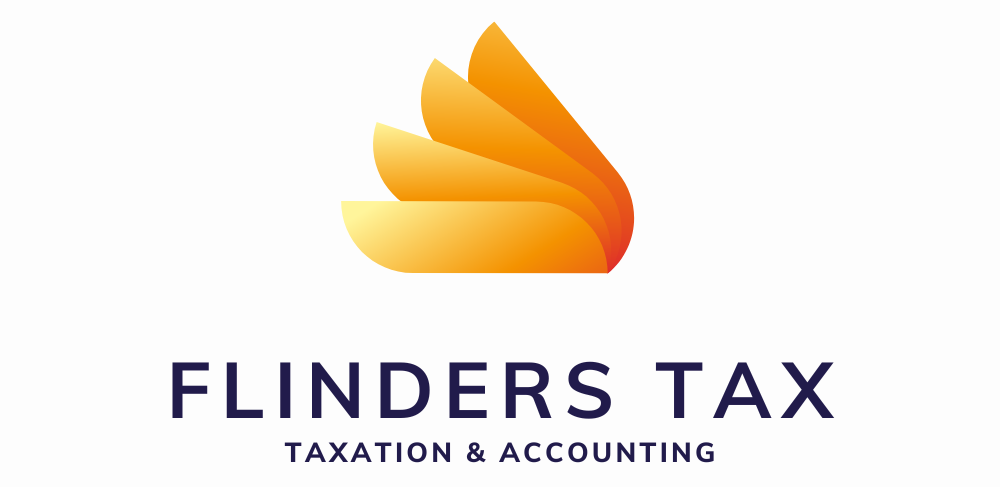- Meals and Travel
The cost of buying meals when you work overtime provided you have been paid an allowance by your employer (you can claim for your meals without having to keep any receipts, provided you can show how you have calculated the amount you spent)
The cost of meals and incidental expenses when you are required to stay away from home overnight for work (if you receive an allowance from your employer, you can claim the full amount of that allowance provided it is shown on your PAYG payment summary). If you didn’t receive an allowance, you should keep receipts to prove the amount you have spent on all meals and accommodation
The cost of parking, tolls, taxis and public transport if you are required to travel to attend meetings and training courses not held at your usual place of work or to travel between job sites
The cost of using your own car for work, including travel to attend meetings, attend training courses, pick up supplies and driving between or around job sites (to claim for car costs it is usually best to keep a diary record of the number of kilometres you travel during the year for work purposes and then we can calculate the amount of your tax deduction at the end of the year) . You can claim the cost of using your own car to travel to and from work, BUT only if you are required to carry bulky tools and equipment for your work AND there is no secure area to leave these items on site overnight.
- Work Clothing
Cost of compulsory uniforms and protective clothing – Aprons, gloves, boots
Cost of protective equipment – Face masks, safety goggles
The cost of laundry, dry cleaning or repairs of your uniforms
The cost of buying sun protection items – if you are required to work outside (including sunscreen, hats, sunglasses and sun-protection shirts or jackets)
- Training
The cost of work-related short training courses (for example first aid, OH&S, management, staff supervision) which are not run by a University or TAFE. You can claim for the cost of any course fees, books, stationery, internet connection, telephone calls, tools or equipment and travelling to and from the course. You can also claim any accommodation and meal expenses you have to pay if you are required to stay away overnight to attend your course
The cost of self-education courses run by a University (not including HECS/HELP) or TAFE (provided they relate to your current work). If you are studying you can also claim for the cost of books, stationery, equipment and travel required for your course
- Work Tools & Equipment
The cost of buying and repairing equipment you use at work (including tools, electronic organisers and mobile phones)
The cost of any materials or supplies that you buy for use at work (for example safety gear, first aid equipment, backpack or belt bag)
The cost of stationery, diary, log book, work bag or briefcase
The cost of purchase of work related equipment under $300.
You can claim depreciation expenses over the life of that asset if the equipment costs more than $300. If an item is used partly for business, and partly for private purposes, then you are entitled to claim the only the business-related portion.
The cost of insuring equipment used for work
The cost of interest paid in taking out a loan to purchase work related equipment.
- Other Work Expenses
The cost of annual memberships or union fees – United Voice
The cost of renewing licenses such as machinery operating and tickets that are required for your work, but not including your normal drivers license
The cost of books, magazines and journals – that is related to your current work activities
The cost of work-related mobile or home telephone calls and rental (you should keep a diary record of the number of phone calls you make for work for one month and then we can use that to estimate your usage for the whole year)
The cost of work-related internet connection fees (you can only claim the proportion of your monthly fees that relate to work use, which could include emailing, research relating to your job and research for your training courses)
Item added:
Cost of managing tax affairs/ cost of preparing last year tax return:
Provide copies of invoices or statements showing the expenses incurred. This information should show: <br>
1. The amount of the expense<br>
2. The date of the expense<br>
3. Who it was paid to<br>
4. The nature of the expense.<br>
